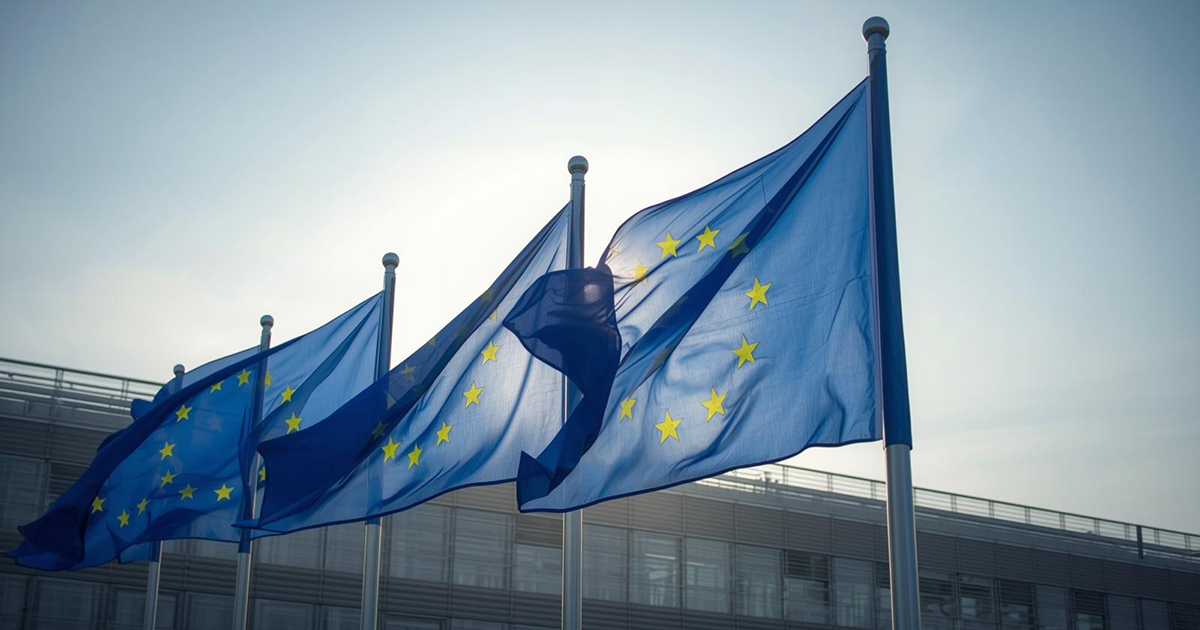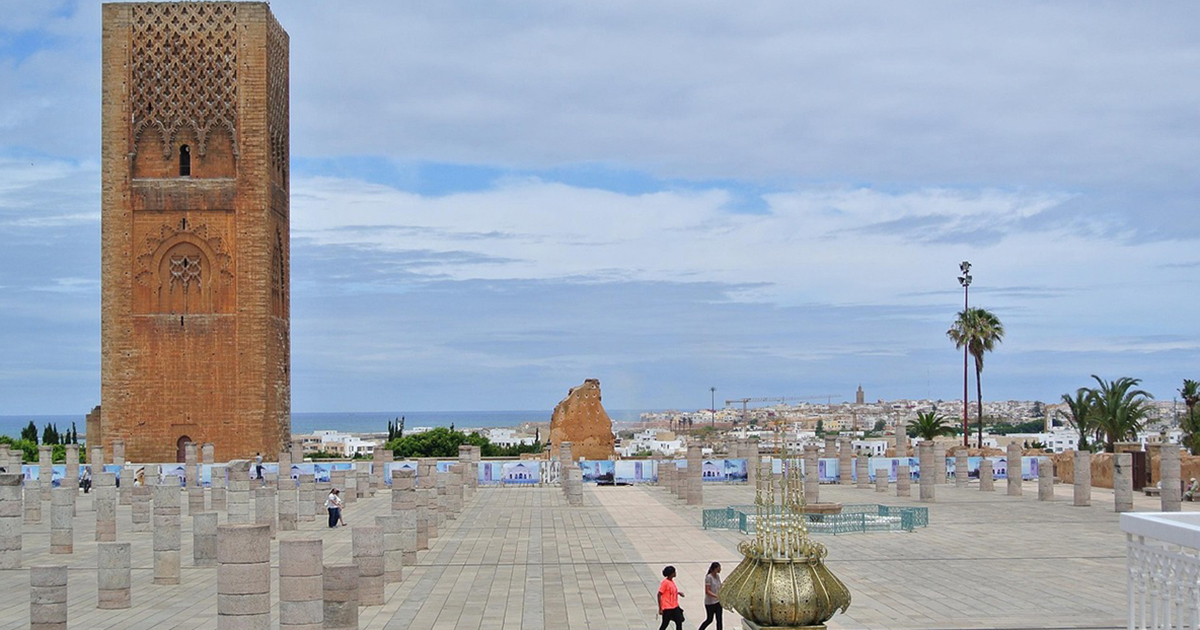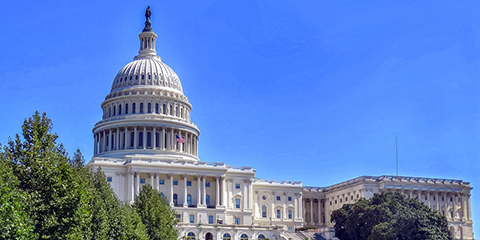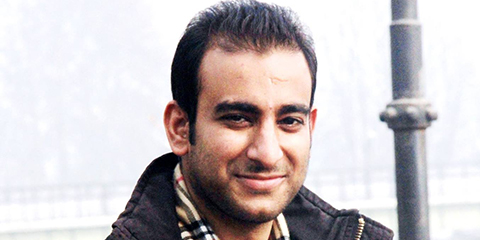Regulatory repression, attacks on online speech hurt digital media freedoms: IRADA report
JournalismPakistan.com | Published 4 years ago
Join our WhatsApp channel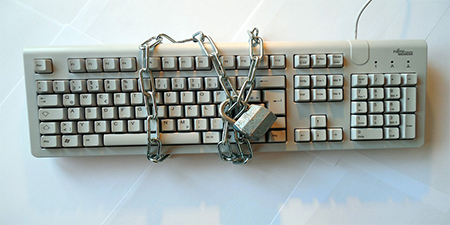
ISLAMABAD—The state of digital media freedoms in Pakistan remained weak during 2020-21 due to regulatory pressures and threats against online expression, according to a new report released by the Institute for Research, Advocacy and Development (IRADA).
The report titled “Regulatory Repressions amid Pandemic: State of Digital Media Freedoms in Pakistan 2021” was published by IRADA on the occasion of International Internet Day, which is celebrated worldwide on October 29 every year.
While Pakistan showed limited gains in Internet access and use during the global pandemic, the digital freedoms of media workers and Internet users were threatened by the government’s enforcement of controversial rules to regulate online content and its proposal for converged media regulation through a new centralized regulator, according to the report.
The report is a compendium of research studies published during 2020 and 2021 by national and international media and Internet stakeholders, including regulatory authorities, digital rights organizations, and press freedom watchdog groups.
IRADA Executive Director Muhammad Aftab Alam said the compilation of findings and recommendations from local and global studies is intended to provide a comprehensive overview of the digital rights situation in the country. “We hope that the report will provide relevant stakeholders, including journalists, digital rights advocates, human rights defenders, and policymakers, with a consolidated guide to the issues related to digital media freedoms in Pakistan,” he said. “The report can help them develop strategies to overcome the challenges to digital rights in the country and create a progressive and safe enabling environment for digital media.”
The report covers five areas related to digital media freedoms – access, online freedoms, privacy, legal framework, and judicial actions – to develop a wide-ranging understanding of the challenges journalists and citizens face in the practical and ethical use of online spaces in Pakistan.
According to the report, Pakistani journalists were consistently targeted with abuse, harassment and coordinated campaigns on social media to malign and discredit their journalism during 2020-21. At the same time, the general public was exposed to alarming levels of online disinformation, including false messages about COVID-19 origin and treatment, which put their health and safety at risk.
According to the report, the digital divide negatively affected women, religious minorities, and other marginalized groups in Pakistan during the COVID-19 pandemic, even though Internet connectivity and affordability showed slight improvement.
Online freedoms remained at risk in Pakistan, the country dropping to 25 points out of 100 in 2021 from 26 points in 2020 in the Freedom on the Net annual report. The report indicated that a data protection bill being developed by the federal government remained stuck at the draft stage despite receiving recommendations from digital rights groups.
According to the report, the telecom regulator appeared to intensify its monitoring of social media content and took enforcement actions against social media apps on the grounds of morality and decency. At the same time, the number of complaints of cyber harassment filed by women also saw an increase during the pandemic. The report also shared court rulings that endorsed the importance of free speech and privacy in Pakistan in 2020-21.











